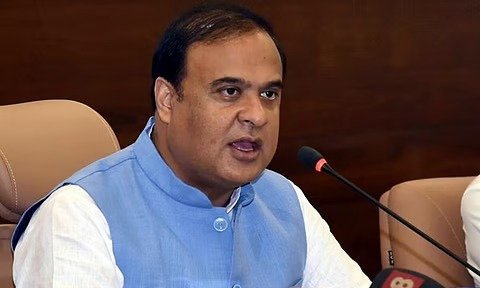HT Bureau
GUWAHATI, Sept 9: Chief Minister Himanta Biswa Sarma on Tuesday announced that the long-pending demand for proper caste certificates for Assam’s tea tribe and Adivasi communities has finally been settled through discussions with leading students’ bodies.
Sarma said that after talks with the Assam Tea Tribe Students’ Association (ATTSA) and the All Adivasi Students’ Association of Assam (AASAA), the government has reached an “amicable resolution” and will soon issue a formal notification.
The announcement comes close on the heels of a major protest in Tinsukia district, where hundreds of AASAA members blocked NH-37 at Makum demanding recognition of specific Adivasi identities in caste certificates. The protesters argued that the current system — which issues OBC certificates under four broad categories such as tea garden labourers, tea garden tribes, ex-tea garden labourers, and ex-tea garden tribes — undermines the historical and cultural distinctiveness of over 100 sub-groups within the tea community.
Community leaders have long expressed concern that the identities of groups such as Santhal, Oraon, Munda, Kharia, Bhumij, Teli, Tanti, Kurmi, Karmakar, Mahato, Nagbansi, Kanika, and Rajgarh are being erased by such generalised classification. They had also warned the BJP government of political repercussions if the issue was not addressed before the next Assembly elections.
The Tinsukia demonstration had ended with a memorandum being handed over to the local administration, while AASAA vowed to intensify its agitation unless concrete action was taken.
With the Chief Minister’s latest assurance, tensions are expected to ease for now. However, both ATTSA and AASAA have made it clear that the community will wait for the official government order before deciding if their demand for recognition of distinct caste identities has truly been fulfilled.
The resolution holds significant political weight as the tea tribe and Adivasi population remain one of Assam’s most influential voting blocs, often playing a decisive role in electoral outcomes.
